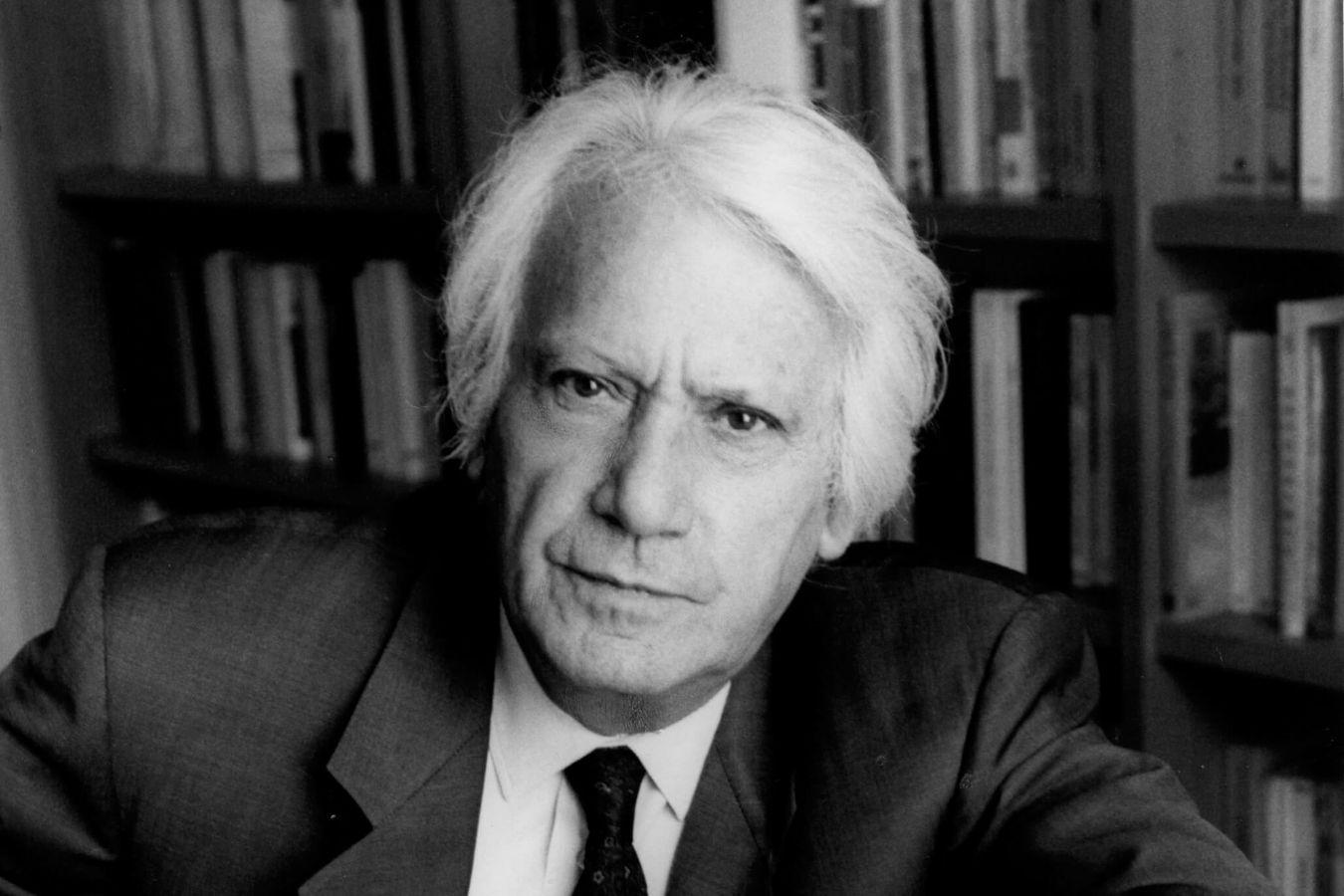Lecture
Jorge Semprún
Europe: a Paradox?
Introduction: Joachim Sartorius
Translation by Michi Strausfeld

Jorge Semprún © Jerry Bauer / Suhrkamp
Lecture of the writer
Jorge Semprún is a man of action and an intellectual who analyzes actions. His outstanding novels (The second death of Ramon Mercader, Algarabia or The new Paris secrets, What a wonderful Sunday!, “Twenty years and a day), autobiographic works (Federico Sanchez. An Autobiography) and film scripts (The War is over, Z, The confession) allow readers to take part in the commitments of his life. Born in Madrid in 1923, Semprún had to go into exile and flee to France when still a child; in the French Résistance he fought against the Germans. In 1943 he was deported to the concentration camp of Buchenwald. His experiences are described in his extraordinary book The big voyage. Under the pseudonym of Federico Sanchez he collaborated with the underground Communist Party in Spain from 1957 to 1962, during the Franco era. In 1964 he was expelled from the Spanish Communist Party in exile. After holding the office of Spanish minister of culture from 1988 to 1991, he moved back to Paris.
Semprún has risked his life fighting different totalitarian regimes. His actions and the reflection of his experiences and memories have equally provided material for his literature, while literature gives the author an opportunity to work out the realities of his life – Write or live - as one of his books is aptly titled.
Jorge Semprún was awarded the Literary Prize of the Résistance in 1996, the Prix Femina in 1969, the Premio Planeta in 1977, the Friedenspreis des Deutschen Buchhandels in 1994, the Goethe-Medaille in 2003, and the Bruno Kreisky Prize in 2005.